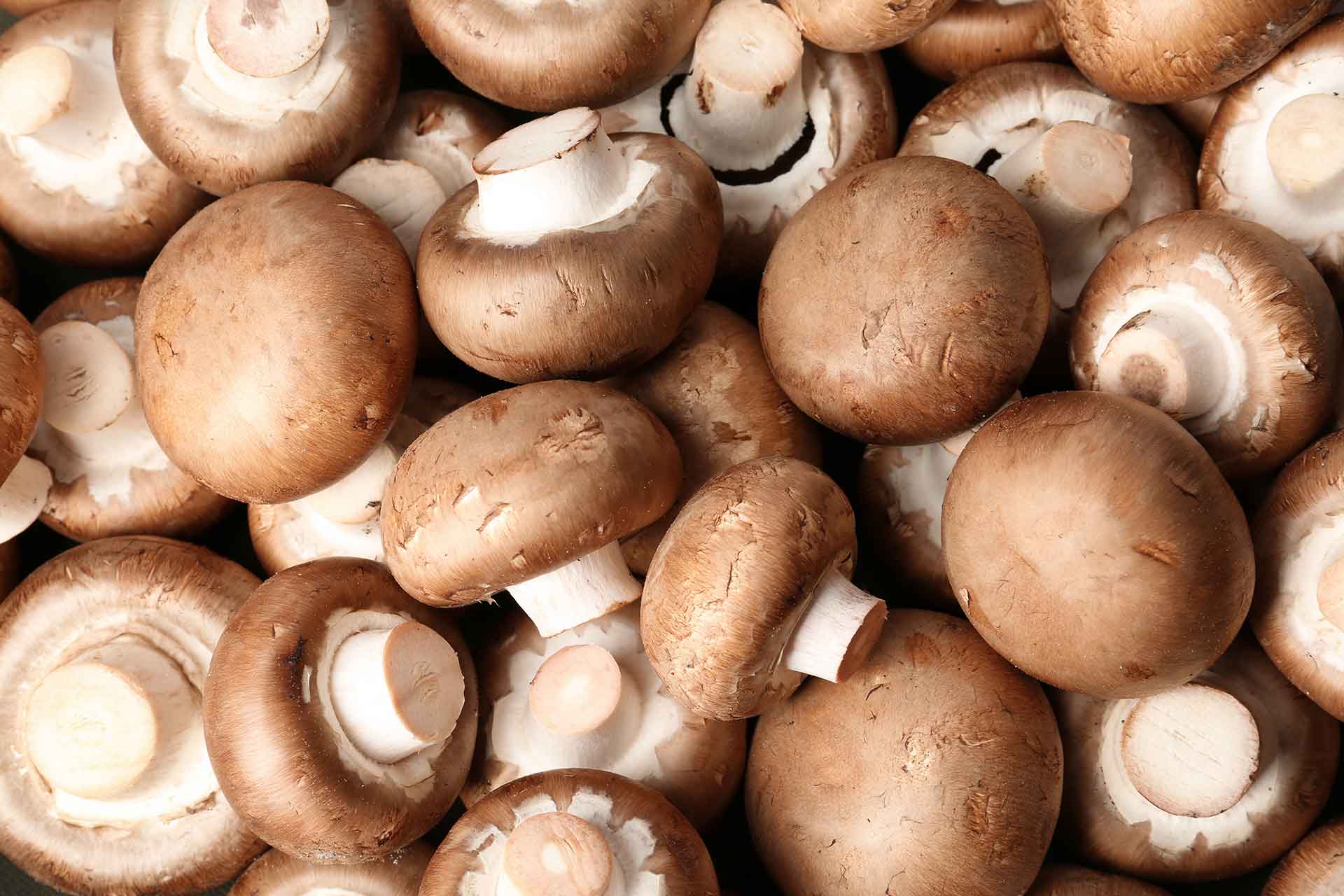Mushrooms are enjoyed around the world across all types of cuisines and kitchens. They are delicious and offer unimaginable nutritional value like protein, fiber, vitamins A, D, and C, and several other minerals (Cheung, 2013). While many mushrooms can be eaten raw, certain cooking methods can drastically change the flavor, too! Sauteing them is ideal for intensifying the flavor and enriching the meaty texture. Grilling or roasting can caramelize their sugars, infusing a delightful sweetness and complexity to their taste. When added to soups and stews, mushrooms absorb and enrich the flavor of the dish, resulting in a more profound gastronomic journey.
The power of polysaccharides
I grew up in the northern part of China, where traditional remedies and herbs are a staple in daily life. I remember in my childhood, during the winter, my family used to prepare reishi mushroom soup. While my family insisted the soup was beneficial for our health, at that time, I found it bitterly unpleasant to drink. As I grew older, I discovered the culprit of this bitter flavor: mushroom polysaccharides. These complex carbohydrates are found in abundance in mushrooms such as reishi and shiitake mushrooms, and they are not just ordinary sugars. Unlike the simple starches and fibers from the foods we're familiar with, such as potatoes, rice, and wheat, which primarily provide energy and help with digestion. Mushroom polysaccharides, instead, have a unique structure that our immune system welcomes! For example, shiitake mushrooms are rich in mannose and dextran, which act as stimulants for our T cells, prompting the production of interleukin and macrophage activation, thereby enhancing our immune system (Chang & Buswell, 1996).
Natural anti-tumor ally
Aside from general immunity, polysaccharides have a magical quality, these polysaccharides protect against cancer! Polysaccharide bodies stimulate the release of cytokines, which not only boost T cell production and activity but also improve macrophage performance. T cells, which originate from stem cells within the bone marrow, play a vital role in safeguarding the body against infections and helping fight cancer (Kuma, Connors, & Farber, 2018). Macrophages are the immune system's natural barrier against abnormal cells, including cancer. A remarkable study by the University of Western Australia on 2,000 Chinese women found that eating at least 3 ounces of fresh mushrooms daily decreased the risk of breast cancer by 64% (Zhang et al., 2009). Because of their high polysaccharide content, mushrooms have been shown in this intriguing study to have promise in cancer prevention.
Antioxidant
Antioxidants abound in mushrooms, particularly glutathione and ergothioneine, which are particularly plentiful in oyster, oyster king, and porcini kinds. These potent antioxidants are necessary for protecting our proteins and DNA from oxidative stress, which promotes cell health, lowers inflammation, and slows the aging process. Since humans cannot generate these antioxidants, we must obtain them through diet, which makes mushrooms an essential source of these chemical compounds that support life (Halliwell, 2012).
Rich in vitamin D
Another fantastic benefit of mushrooms is vitamin D, which is essential for immune system regulation, cell development, and the absorption of calcium and phosphorus. Ergosterol is a chemical found in mushrooms that, when exposed to sunshine, transforms into vitamin D2. In contrast, humans produce vitamin D3 when their skin is exposed to the sun's rays. Because of this quality, mushrooms—whether fresh or dried—make a good dietary source of vitamin D2. Because of their capacity to synthesize vitamin D2, both fresh and dried mushrooms are good sources of this substance, adding to their nutritional worth (Holick, 2011).
Cook with care
The cooking technique used for mushrooms is important for retaining their nutrients. According to research conducted in La Rioja, Spain, grilling and microwaving are the most efficient techniques for maintaining the antioxidant properties of mushrooms. While the antioxidant content of vegetables may be diminished during the boiling process, it is still possible to extract the nutrients by consuming the simmering water, such as in soups (Martínez & García, 2013). According to research from La Rioja, Spain, microwaving and grilling are the best cooking techniques for maintaining antioxidant qualities. Boiling mushrooms in water may lower their antioxidant content; however, if the water is boiled and consumed, it is still useful (such as in soups) (Martínez & García, 2013). And, although it is very common, frying is the least healthy choice.
Ultimately, mushrooms offer far more than just a delicious taste - they are a true goldmine of health advantages. These incredible fungi enhance the taste of dishes with their bold flavors and provide us with vital nutrients and powerful antioxidants. They enhance our immune systems and shield us from the effects of aging and disease. Embracing mushrooms in our meals is a delightful way to savor their rich flavors and nourishing qualities.
Recipes:
- Green Bean and Mushroom Medley Medley USDA. MyPlate Kitchen. SNAP Recipes
- Asparagus Mushroom Melt SNAP-Ed. Oregon State University. Food Hero.
- Steak with Herb Sautéed Mushrooms Mushroom Council.
Reference:
1. Cheung, P.C.K. (2013). The nutritional and health benefits of mushrooms. Nutrition Bulletin, 38(4), 464-473.
2. Chang, S.T., & Buswell, J.A. (1996). Mushroom nutriceuticals. World Journal of Microbiology and Biotechnology, 12(5), 473-476.
3. Halliwell, B. (2012). Free radicals and antioxidants – Quo vadis? Trends in Pharmacological Sciences, 32(3), 125-130.
4. Holick, M.F. (2011). Vitamin D: evolutionary, physiological and health perspectives. Current Drug Targets, 12(1), 4-18.
5. Kumar, B. V., Connors, T. J., & Farber, D. L. (2018). Human T Cell Development, Localization, and Function throughout Life. Immunity, 48(2), 202–213.
6. Martínez, L., & García, P. (2013). Antioxidant properties of several specialty mushrooms. Food Chemistry, 138(2), 1303-1309.
7. Zhang, M., Huang, J., Xie, X., & Holman, C.D.J. (2009). Dietary intakes of mushrooms and green tea combine to reduce the risk of breast cancer in Chinese women. International Journal of Cancer, 124(6), 1404-1408.
